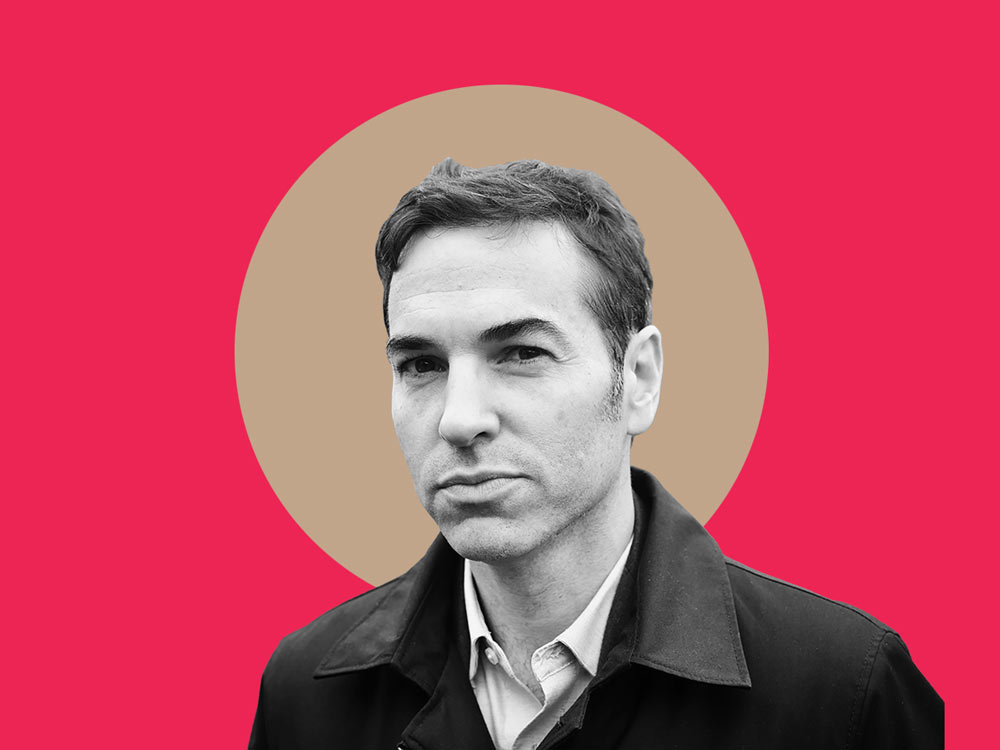Want to know if a nonprofit deserves your money? Here’s what you should ask them: What would happen in your community if you went out of business tomorrow?
“I believe that an organization doesn’t deserve to ask for money if that question can’t be answered and with passion,” says nonprofit advisor and Columbia University professor Doug White. After all, charities have a special place in society, he adds. “They are driven by goodness and an attempt to create better lives for people that government and business can’t do by themselves. If the organization’s head or senior staff don’t have that charitable ethos, that sense that we’re here for a purpose, then that’s tells me something as a donor. I don’t want to support an organization that doesn’t have that sense.”
White adds that current research on nonprofits is inadequate, and recommends you ask these questions too: What services have you provided this past year that have made a difference? What quantitative results have you had?
Better yet, approach those who benefit from the program. White recalls spending time with homeless people served by a Washington DC nonprofit. “I wanted to find out from them, in their own vernacular, what they felt this organization did for them. To talk to those people gives the donor a real on-the-ground sense of how that money is being used.”
Our conversation with White marks the final installment in our Guide to Good Giving.
Our first episode focused on whether it’s better to give domestically or globally. Charlie Bresler from the nonprofit The Life You Can Save urged listeners to support causes in developing nations, where the needs are greatest. But White says donors should follow their passions, which may not include global causes. “Charity starts at home, and you then use your brain and intellect and your research. I don’t believe that you should begin by looking at what some people think are the most important causes and be driven there,” he says.
Sign up for our free newsletters
Subscribe to NPQ's newsletters to have our top stories delivered directly to your inbox.
By signing up, you agree to our privacy policy and terms of use, and to receive messages from NPQ and our partners.
In our second episode, we spoke the The Chronicle of Philanthropy editor Stacy Palmer, who said lots of nonprofits are too small to really tackle big issues. “I hope in the new year, there will be more conversations about how they can combine forces to make a difference. Because there’s just not enough money to go around to fund all of these groups working individually,” she said.
White has thoughts of his own for 2016. He wants to see more honesty when it comes to reporting from charities. “They are run by imperfect people, just like every other organization, just like we all are. It’s okay if they fail. The end game is how do we improve society in a way that we can’t do in any other sector?” White favors year-end reports for charities, showing what went right and what went wrong. “If we’re going to start changing the world in a really big way, we really need to have far more dimension to the way we report our successes and failures,” he says.
Guide to Good Giving Part Two: Tools for Good Giving
Guide to Good Giving Part One: Is It Better to Give Locally or Globally?
Doug White previously on Tiny Spark, criticizing charities that pay big speaker fees: How Much is a Celebrity Worth? Nonprofits Pay For Star Power













